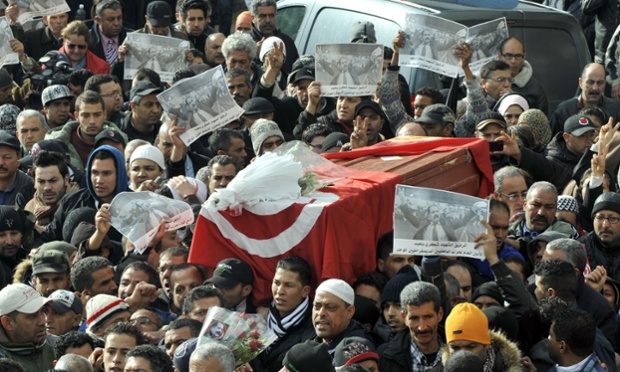By Justin Dorman
Impunity Watch Reporter, Middle East
The New York-based Committee to Protect Journalists (CPJ) just released its annual assessment on how press freedom is being treated throughout the world; and, the results were not pretty. The report details both the censorship of information, as well as the treatment of individual reporters. A new edition to the report included a “risk list” of ten places where press freedoms were particularly bad in 2012. Three such countries, Syria, Turkey, and Iran, are located in the Middle East.

This past year was not the safest of years to be a journalist. Globally, the number of journalists who were imprisoned in 2012 reached an all time high. Two hundred and thirty two journalists were reportedly detained, which is an increase of fifty three for the year before.
Seventy journalists had died while actively reporting in the past year which is a forty-three percent increase from 2011. CPJ’s research has came up with the harrowing figure that over the past two decades, one journalist is killed while working, once every eight days. These figures only include the known dead. There are at least thirty-five more journalists who are currently missing.
At this moment, Syria is the most dangerous place in the world to be a journalist. In the past year, at least twenty-eight journalist have been killed, while another two are missing.
While not as many journalists have been killed in Turkey; in no other place have more journalists been imprisoned. Forty-nine journalists were jailed in 2012. Turkey’s government utilizes laws which restrict the press’ freedom of speech, in order to curtail dissent.
Only four less journalists were imprisoned in Iran, however, the likelihood of their mistreatment during detention was far greater than anywhere else. Reporters and editors faced torture, solitary confinement, and deprivation of medical care. Those who were formally detained generally were arrested under some anti-state charge.
CPJ deputy director Robert Mahoney stated that, “when journalists are silenced, whether through violence or laws, we all stand to lose because perpetrators are able to obscure misdeeds, silence dissent, and disempower citizens.”
He added, “the battle to control information is an assault on public accountability that cannot go unchallenged. Governments must prosecute perpetrators and stop those seeking to incapacitate public oversight by blunting critical and probing reporting.”
Not only does limitation on freedom of speech violate international human rights law in its own regard, but the continuance of these attacks on the press serve to continue the existence of impunity in the Middle East.
The CPJ has been releasing its annual report since 1990.
For further information, please see:
Guardian – Journalism Under Attack Across the Globe Imperils Press Freedom – 14 February 2013
Huffington Post – CPJ Attacks on the Press Report: Number of Journalists Imprisoned, Killed Spiked in 2012 – 14 February 2013
Washington Post – Glance at Attacks on the Press – 14 February 2013
CPJ – Attacks on the Press: Journalism on the Front Lines in 2012



